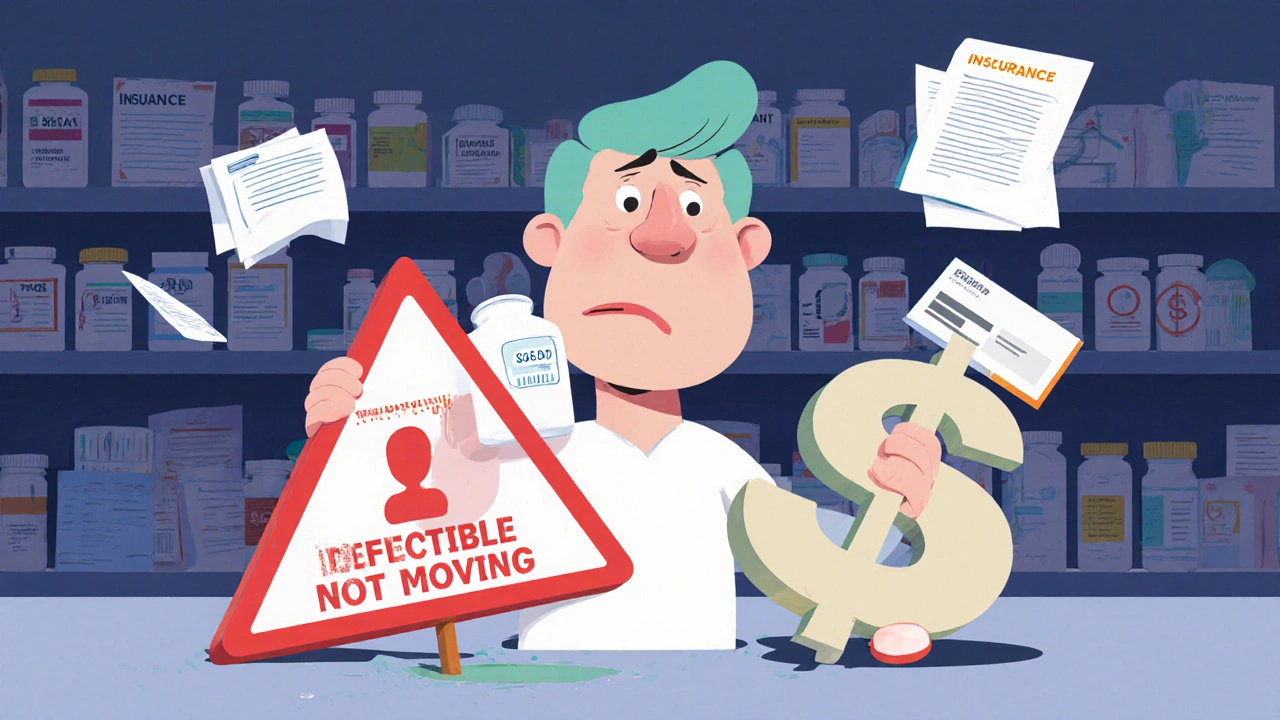Copay Accumulator Programs: What They Are and How They Impact Your Medication Costs
When you pay for a prescription, your copay accumulator program, a policy used by some health insurers to limit the value of manufacturer coupons. Also known as copay maximizers, it doesn’t let the money from drugmaker discounts count toward your deductible or out-of-pocket maximum. That means even if a pharmaceutical company gives you $500 off your monthly medication, your insurance treats it like it never happened. You still have to pay the full amount yourself before your plan kicks in. This hits hardest for people on expensive drugs — like those for HIV, diabetes, or autoimmune diseases — where monthly costs can run into thousands.
These programs are common in plans run by big insurers like UnitedHealthcare, Anthem, and Cigna. They argue they’re fighting fraud and keeping premiums low. But for patients, it’s like being told, "Here’s a coupon — now pay like you didn’t get it." If you’re on a drug like Onglyza, Actos, or even a specialty biologic, your copay coupon might cover half your bill — but if your plan has a copay accumulator, you’re still stuck paying that full price toward your deductible. That can mean thousands more out of pocket before your insurance starts helping. And it’s not just about money. People skip doses, split pills, or go without because they can’t afford what the insurer says they owe.
Some states have banned these programs. Others are debating it. Meanwhile, patients are left to navigate a system that often feels designed to confuse. You might think your manufacturer discount lowers your cost — but unless you know your plan has a copay accumulator, you’re in for a nasty surprise at the pharmacy counter. It’s not a secret. It’s buried in fine print. And if you’re managing a chronic condition, that fine print can break your budget.
Below, you’ll find real-world examples of how this affects people on medications like doxepin, ethambutol, or dapoxetine. You’ll see how drugmakers respond, what alternatives exist, and how to fight back — whether it’s switching plans, asking for financial aid, or pushing back with your provider. This isn’t just about insurance jargon. It’s about whether you can afford to stay healthy.
Using Copay Cards Safely: Access Without Compromising Care
Copay cards can make expensive medications affordable-but hidden insurer rules like accumulator programs can leave you with huge bills after the card runs out. Learn how to use them safely and avoid treatment disruption.
Keep Reading
